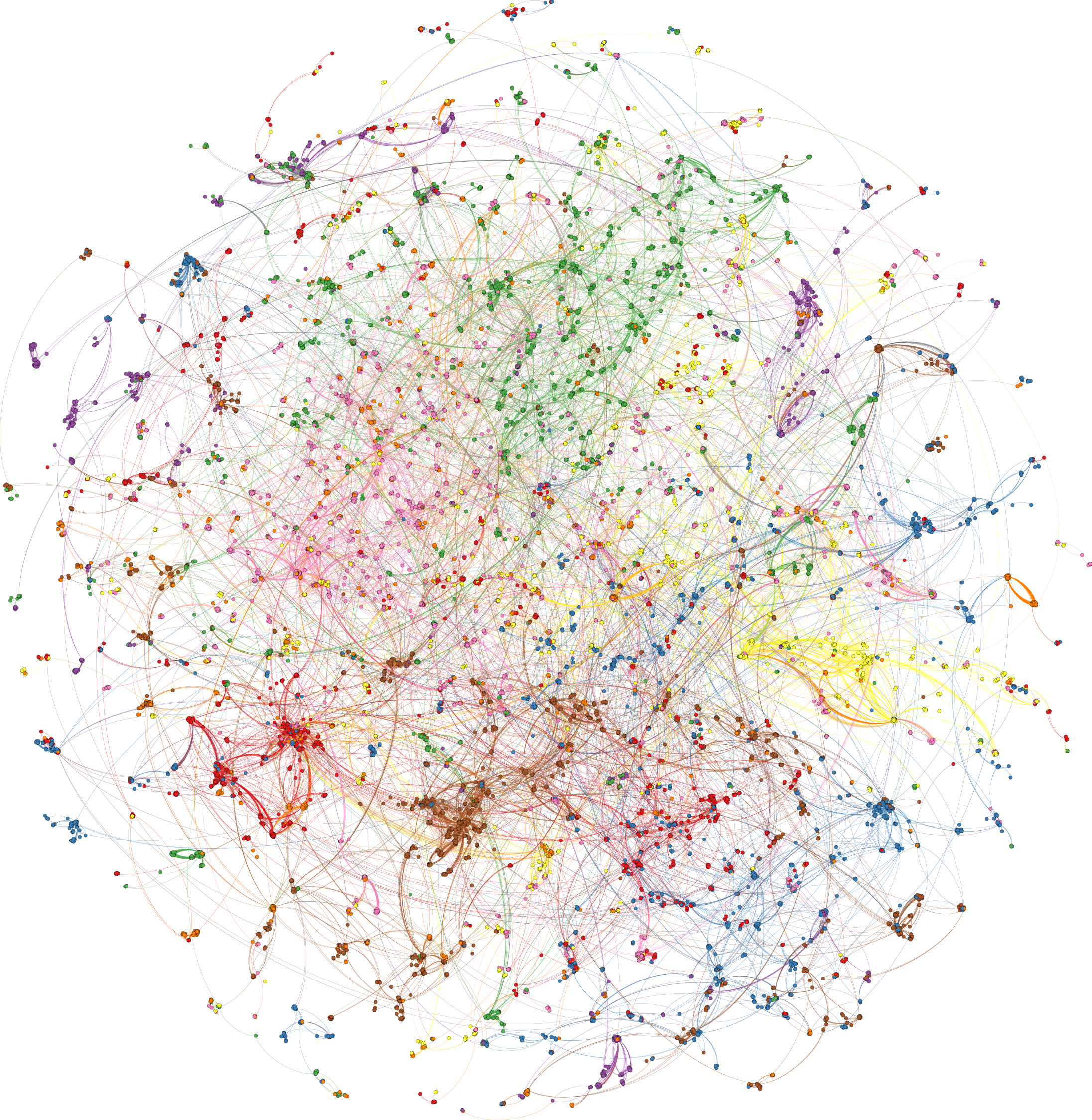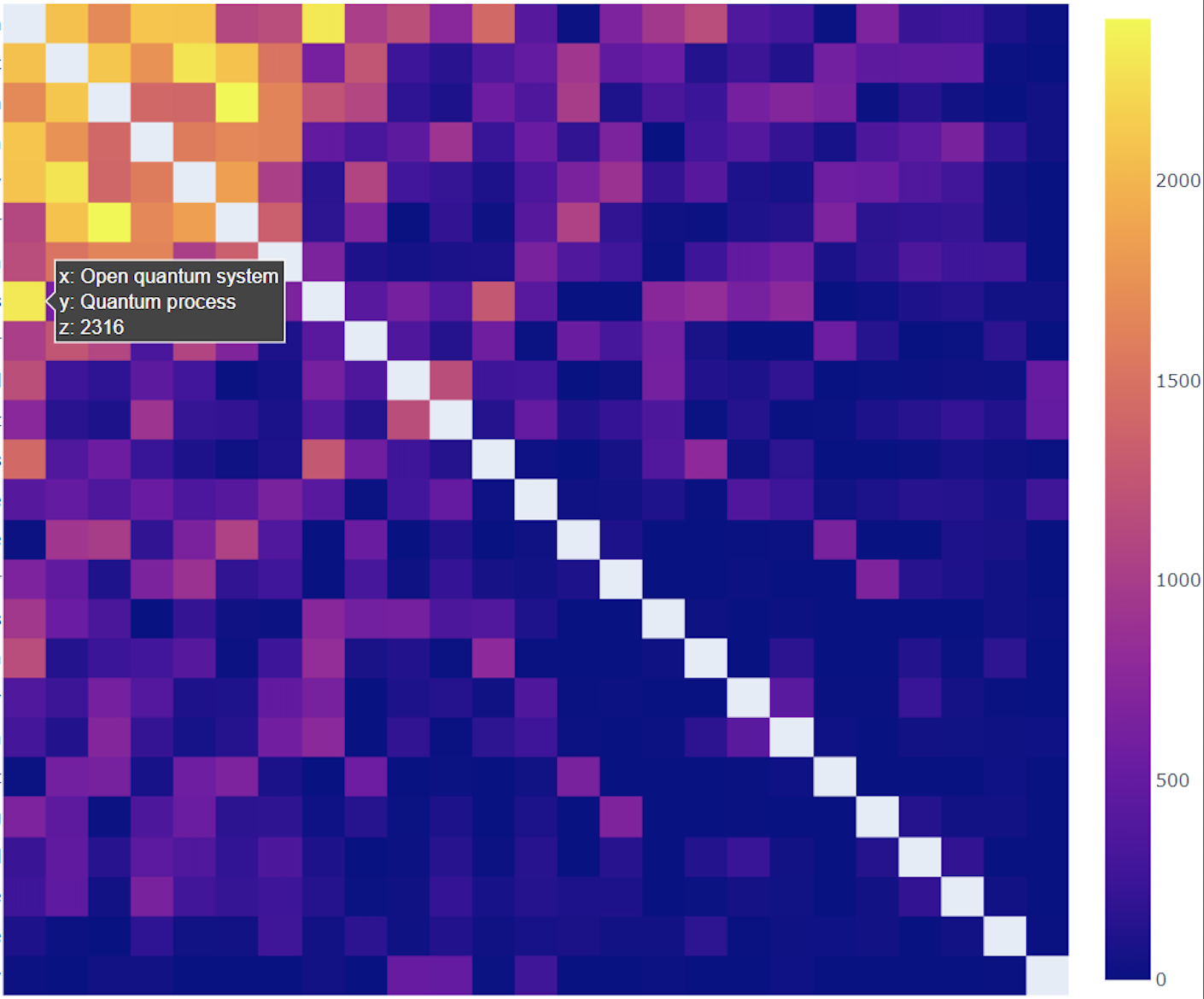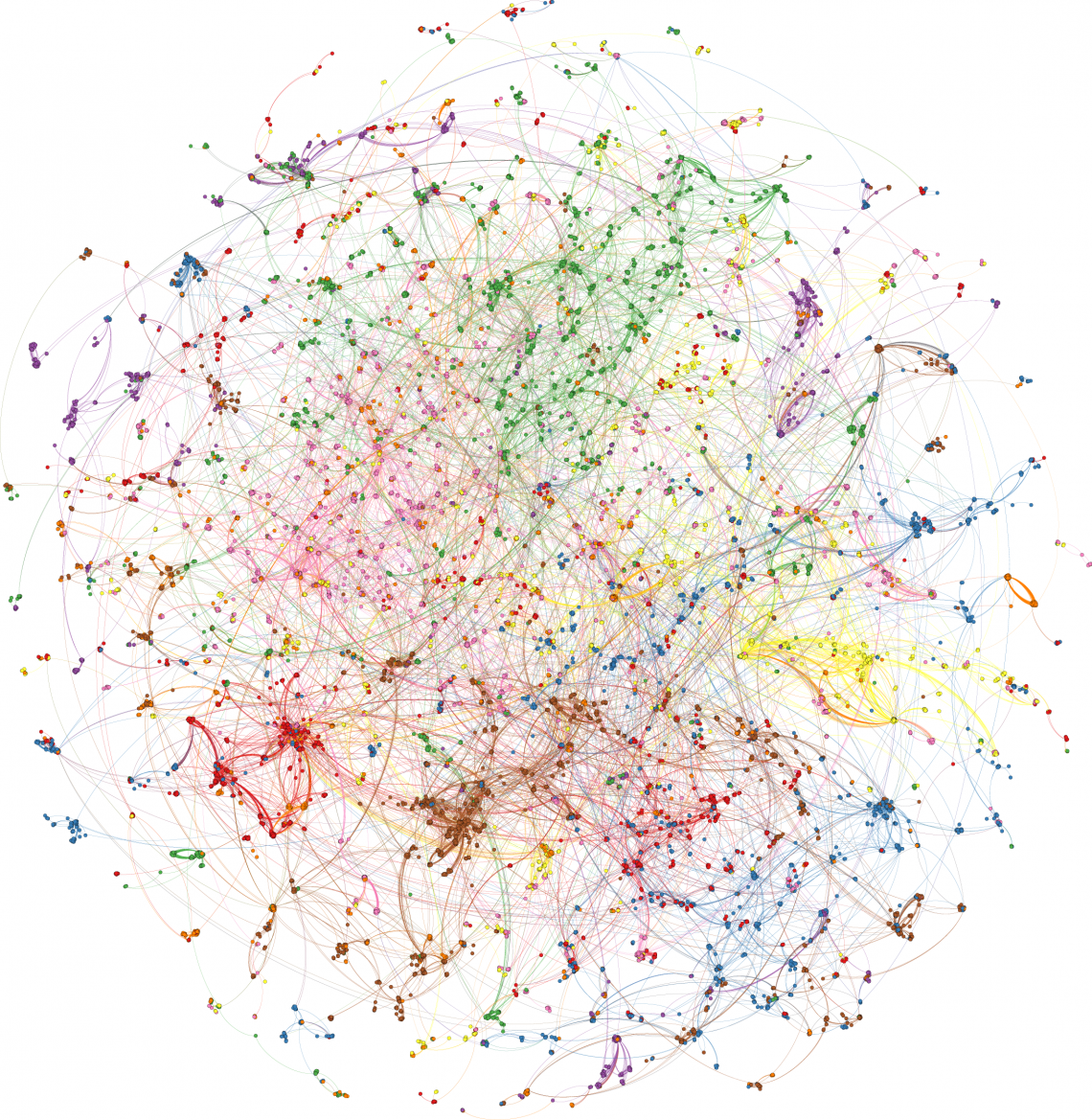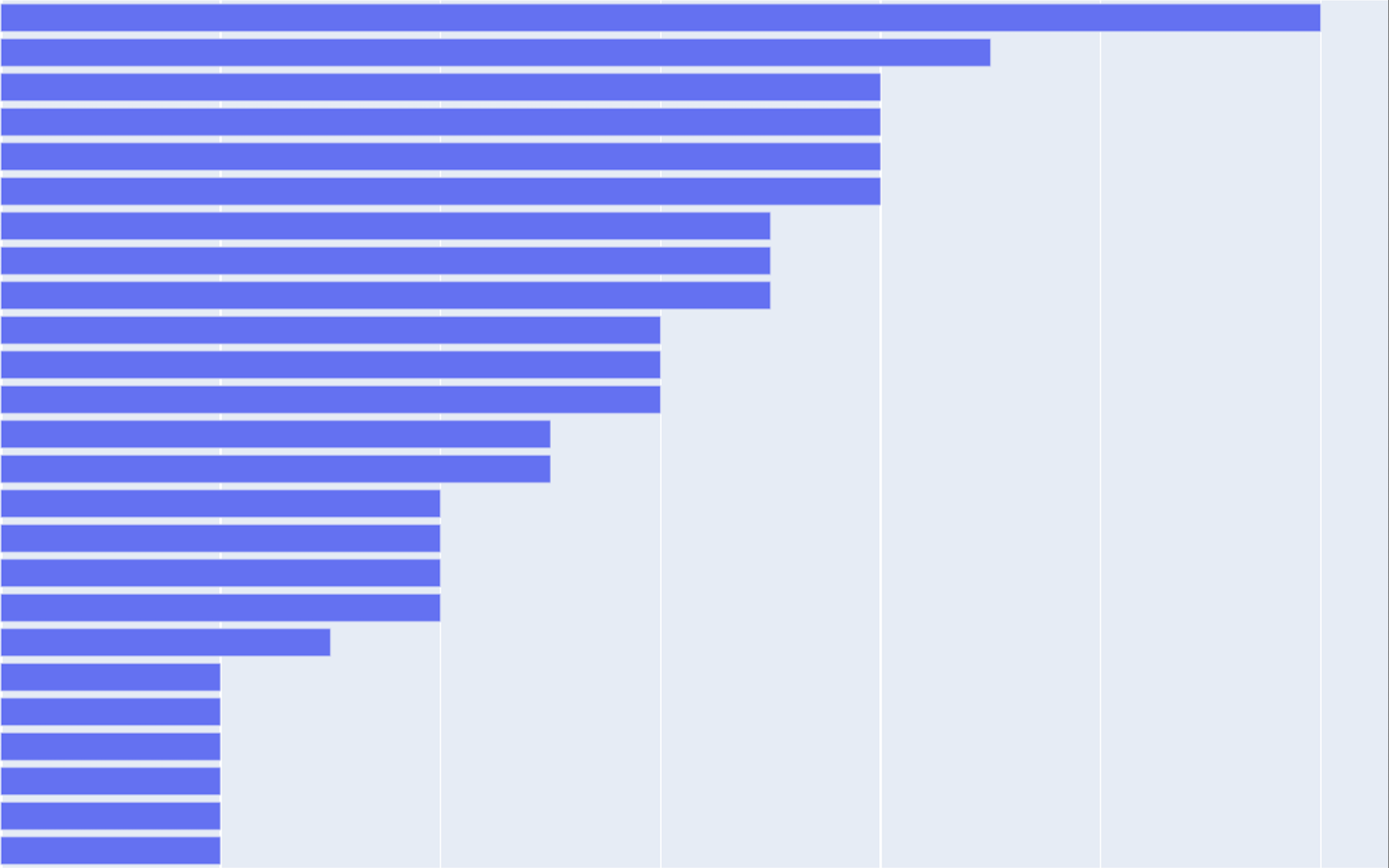The Academic Partnership Engagement Experiment (APEX) data analytics services identifies collaborators, innovators and technology opportunities and active connection programs whose research is poised to impact Department of the Air Force challenges and requirements well in advance of potential solicitations and recruit them into the defense research and development ecosystem.
The goal is to ensure that the right eyeballs hit the right solicitation at the right time and that when they do, those investigators are well-versed in Department of the Air Force needs, have a network of contacts for teaming, commercialize and transition within the proper domain, and are educated in proposal submission requirements that differ significantly from their traditional funding sources.
APEX believes investigator identification from big data will diversify and accelerate the transition pipeline, moving technology from innovation to impact on more operational timescales.
In order to provide accurate, highly targeted investigator recommendations, APEX seeks to instrument the entire scientific knowledge generation and R&D venture creation processes. This requires copious data from diverse sources.
APEX applies machine learning techniques from Natural Language Processing, Topic Modeling, Deep Learning, Network Science and other Scientometric and statistical domains to these data to identify investigators and institutions best suited to areas of interest to the Department of the Air Force.
APEX data analytics facilitates the following:
- Horizon Scanning - identifies emerging technologies, innovations and trends.
- Blue Sky Discovery and Planning - identifies technology focus and gaps, and optimal participant and organizational expertise.
- Team Building - optimizes team performance via analysis of team member expertise, prominence, collaboration history and requirements.
- Institutional, Investigator and Geographic Analyses - identifies prominence of individuals, investigators and regions at very high resolution.
- Workforce Development - identifies strengths, gaps, demographic and pipeline needs and supply for the national security technology workforce.
- Portfolio Management - delivers insight into ongoing science and technology (S&T) development relative to the Department of the Air Force extramural investment portfolio for reduced risk and increased return on investment.
- Program Development - analyzes technology gap analysis and maturity modeling for S&T program planning, metric benchmarking and solicitation development.
- Lead-Leverage-Watch Analysis - analyzes scientometric analysis of the government research entity prominence in a field, as well as the prominence of their extramurally-funded performers.
- Funding Analyses - identifies areas of Department of the Air Force need that are insufficiently funded by other federal R&D organizations.
- Requirements Clustering - automates analysis of trans-directorate, program, and program executive officer requirements documents to identify similar requirements for improved resource utilization and reduced duplication of research, development, test and evaluation funding.
- International Analysis - analyzes bibliometric/scientometric analyses of international and foreign language publications to assess research trends in overlooked literature, targeted by country, region or institution.





